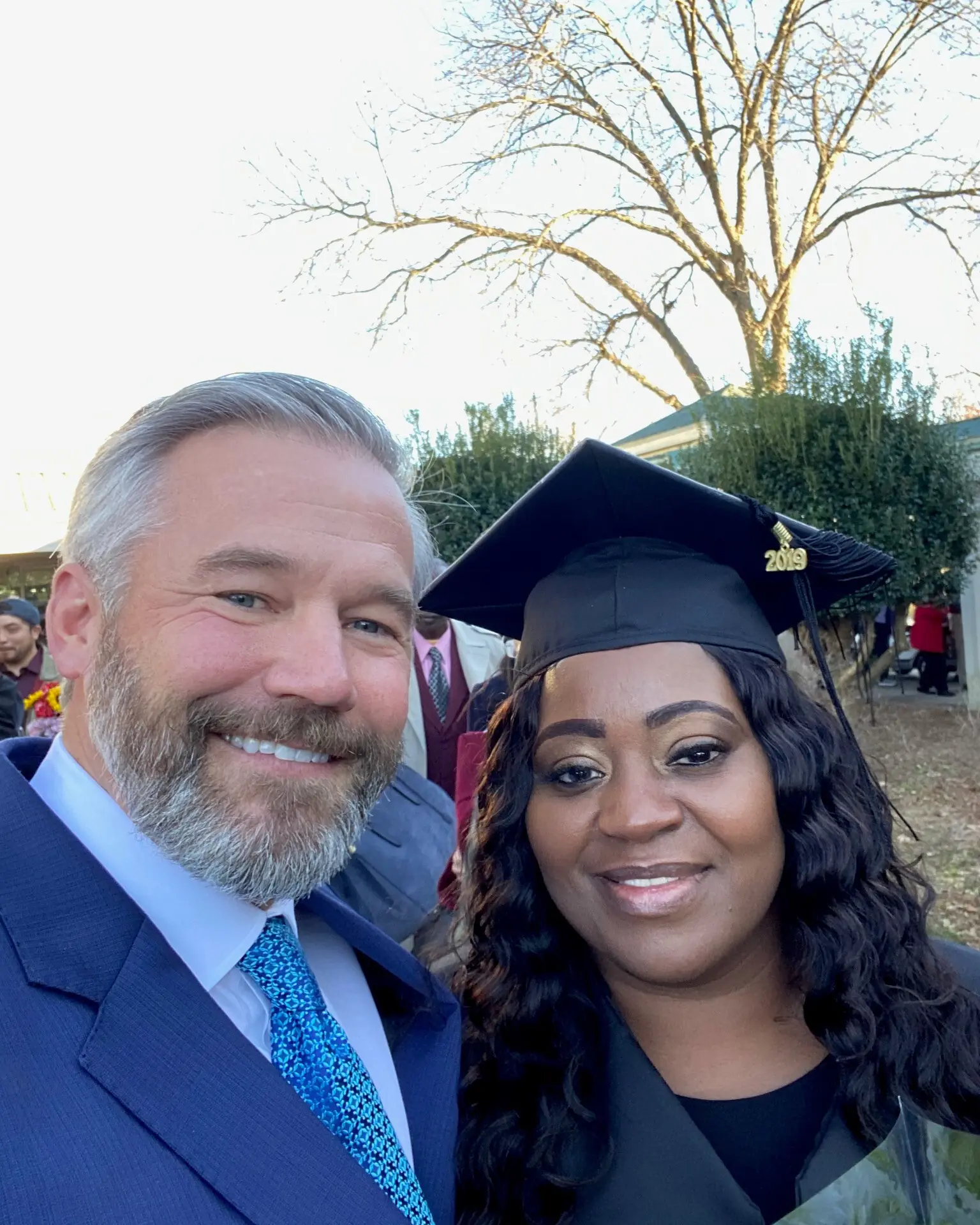
My husband left me with our child in his ancient, half-ruined shack. He had no idea that a secret room full of gold lay hidden beneath this house.
“Do you really think this place is suitable for living with a child?”
My gaze wandered over the crooked walls of the house, seemingly held up only by miracles and rusty nails.
“Olga, don’t be so dramatic,” Viktor snapped, tossing the last bag onto the creaking porch. “I’m leaving you the entire house and the land, even though I could’ve kicked you out onto the street.” His voice was cold, detached—like a man doing an unpleasant chore he wanted to finish as quickly as possible.
I silently stared at the papers in my hands. The old, dilapidated house on the village’s outskirts—Viktor had inherited it from his grandfather—only came into my life because he wanted to get rid of us. Ten years of marriage ended not with tears or conversations, but with a business-like deal—a “concession,” as he called it.
My son Misha, only nine, stood nearby clutching his worn teddy bear—the only thing he managed to grab when Viktor announced the move. In his eyes was the frozen confusion of a child whose world had suddenly been torn apart without explanation.
“Sign here,” Viktor said, handing me a pen with the same indifferent expression he had when paying a restaurant bill. “No alimony, no claims. The house is yours.”
I signed—not because it was fair, but because the city apartment legally belonged to his parents, and I had no rights to it. There was no choice. And any alimony would have been a meager pittance anyway.
“Good luck in your new place,” he tossed over his shoulder as he climbed into his car. Misha flinched, about to say something, but the door slammed shut before he could.
“Everything will be alright, Mom,” Misha whispered, clutching my hand as the car disappeared down the dirt road, leaving clouds of dust behind.
The house greeted us with creaking floorboards, a damp smell, and cobwebs in every corner. Cracks in the floor let the cold air seep in, and the window frames were splintered and dry. Misha squeezed my hand tightly, and I realized there was no turning back.
The first month tested every ounce of my endurance. I worked remotely as a designer, but the internet kept cutting out, and deadlines didn’t care about that. Misha began attending the local school, riding an old bicycle bought from neighbors.
I learned quickly how to patch holes in the roof, replace wiring, and shore up sagging floors. At first, I had a handyman help me, paid with my last savings. My once well-manicured hands became rough and calloused. Yet every night after Misha fell asleep, I’d step onto the porch and gaze at the stars, which here seemed so close, like you could almost reach out and touch them.
“Don’t give up, girl,” Nina Petrovna said once, leaving me in tears after another leak soaked the floor. “The land loves the strong, and I can see you’re strong.”
There was a strange wisdom in her words. As I watched Misha change, I began to understand. He grew stronger, laughed more, and his eyes lit up with a new inner light. He made friends with the local children, excitedly telling me about frogs in the pond or how he helped our neighbor Andrey feed his chickens.
Almost a year passed. The house slowly transformed: I repainted the walls, re-roofed the house with the help of Semyon, a neighbor and builder (we no longer had money for workers), and planted a small garden. Life was still hard, but it was settling.
One day, heavy rain poured down. Misha was on a school trip to the regional center, and I finally decided to sort out the basement—a dream of mine was to set up a workshop to make souvenirs for the rare tourists passing through.
The basement was larger than I expected. My flashlight beam cut through old shelves packed with clutter, dusty boxes, and jars. The smell of damp earth mixed with rotting wood. I set to work, clearing space for the future workshop.
Moving a heavy dresser, I discovered a nearly invisible door painted the same color as the wall, without hinges. Curiosity overwhelmed me. I pulled the rusty handle, and the door creaked open.
Behind it was a narrow passage leading to a tiny room. Shining my light inside, I saw a large wooden chest bound in dark metal.
“What kind of hiding place is this?” I murmured, kneeling before it.
The lock was broken. I lifted the heavy lid and froze—the beam of light reflected off yellowed metal: coins, hundreds of gold coins, antique jewelry, massive bars.
My heart pounded wildly. My fingers trembled as I lifted one coin—heavy, cold, embossed with the profile of an emperor, as if carved from another century.
“Oh my God, this can’t be real,” I whispered, numb with shock. “Is this… genuine?”
For a moment, I wondered if Viktor knew about this treasure. But no, impossible—he would never have transferred the house if he had.
I closed the chest, covered it with an old cloth, and went upstairs, heart pounding, breath shallow. I checked the locks three times before calling Inna, my college friend and now a lawyer specializing in property disputes.
“Inna, you won’t believe this,” I blurted out. “I need your help. Urgently. Can you come over this weekend?”
“Olga? Are you alright?” Her voice trembled with concern.
“Yes, it’s just…” I hesitated. “Please come. It’s important.”
For two days, I wandered like a ghost, jumping at every sound. Misha watched me anxiously.
“Mom, are you sick?” he asked during dinner when I accidentally oversalted the soup.
“No, just thinking about… new projects,” I lied, tousling his hair.
That night I hardly slept, listening for every creak and scratch. What if someone knew? What if the treasure’s legend spread? What if someone tried to break in?
Inna arrived Saturday afternoon—businesslike, sharp, even on her day off. After my story, she was skeptical.
“Either you’re overworked or you’ve found something valuable,” she said. “Show me.”
In the basement, she gasped at the coins.
“This is genuine gold! Coins from a royal mint! Olga, this is a fortune.”
“What do I do?” I asked, shivering.
She quickly researched the law.
“Article 233 of the Civil Code: a treasure on your property belongs to you—unless it has significant cultural value. Then the state confiscates it but compensates you 50% of market value. Either way, you must report it officially, or problems come later.”
We submitted the report Monday. I barely slept, fearing the commission might take everything.
The commission was small: an elderly historian, a silent appraiser, and a young man from the museum.
They examined everything, whispered among themselves, then the historian declared:
“This is typical of a well-off family from the late 19th century, likely hidden during the revolution. Some collector pieces, but nothing extraordinary.”
She handed me the document.
“The treasure is ordinary property and belongs to you.”
After they left, Inna hugged me.
“Congratulations! Now we plan how to manage it.”
Over months, I lived two lives: a rural resident handling chores and remote work by day, a woman discussing investments by night.
We sold gold slowly, quietly, through experts Inna knew.
An antique expert in St. Petersburg, ex-Hermitage, told me coins could fetch ten times gold’s price at auction.
When the money started flowing in, I bought a new house—not a mansion, but sturdy and warm, with big windows, a garden, and a workshop.
When the realtor handed me the keys, my heart nearly broke with disbelief.
“Mom,” Misha stood in the spacious entryway, eyes wide, “is this really ours? Forever?”
“Yes,” I said, holding him tight. “And I want to start a small farm. Remember how you loved Nina Petrovna’s goats?”
“Real farm? With animals?” His eyes sparkled.
Soon, I bought land next door, hired local workers, built shelters, bought goats and chickens, and tended the garden—not for sale but for joy.
Misha loved it—after school, feeding animals, proudly showing friends his “farm.”
I invested in local businesses, started an education fund for Misha, and created a relief fund for emergencies.
I wasn’t after luxury—security and independence mattered more.
One autumn day, while picking apples, Viktor appeared.
I hadn’t seen him for over a year, but recognized the worn, nervous man immediately.
“You look… different,” he said, eyeing my house and yard.
“What do you want?” I wiped my hands on my apron.
“Misha’s at school,” I said flatly.
“I’m here to talk,” he said, tense. “Rumors say you found gold in my grandfather’s house. Your new life says it’s true.”
He didn’t ask about Misha, whom he hadn’t seen in years.
“And?”
“This is my family’s inheritance! I wouldn’t have given you the house if I knew. You owe me the gold!”
“Return it? You gave me the house. Officially,” I said.
“I’ll find a way,” he hissed.
Just then, Andrey and Semyon appeared, standing beside me.
“Trouble?” Andrey asked.
“Everything’s fine,” I said, steady. “Your ex is leaving.”
Viktor glared but backed away.
“I’m afraid this is the end,” I said. “In
News in the same category


The Only Thing My Late Dad Left Me Was a Rusty Key, and I Thought It Was a Joke Until My Cousin Offered Me $10,000 for It – Story of the Day

A Wild Kingfisher, Three Generations, and the Unspoken Language of Love.
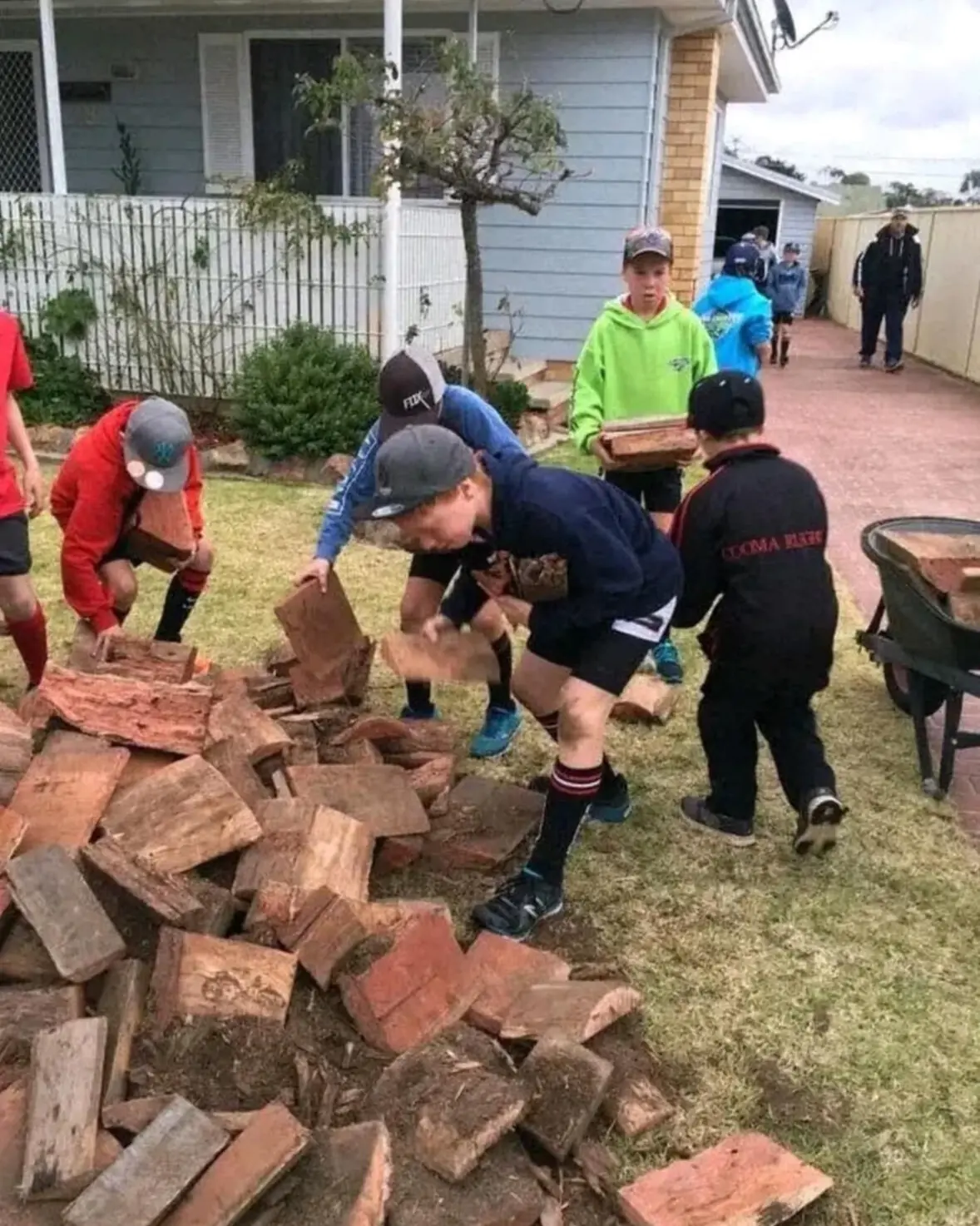
More Than a Win: The True Victory of the Cooma North Boys.

Moment two AI agents realise they're talking to another AI and switch to their own bizarre language

Woman earns hundreds every day just by sitting in New Yorker's cars

My Husband Threw Away the Chicken I Cooked Saying 'You'll Thank Me Later' – When I Found Out Why, I Filed for Divorce
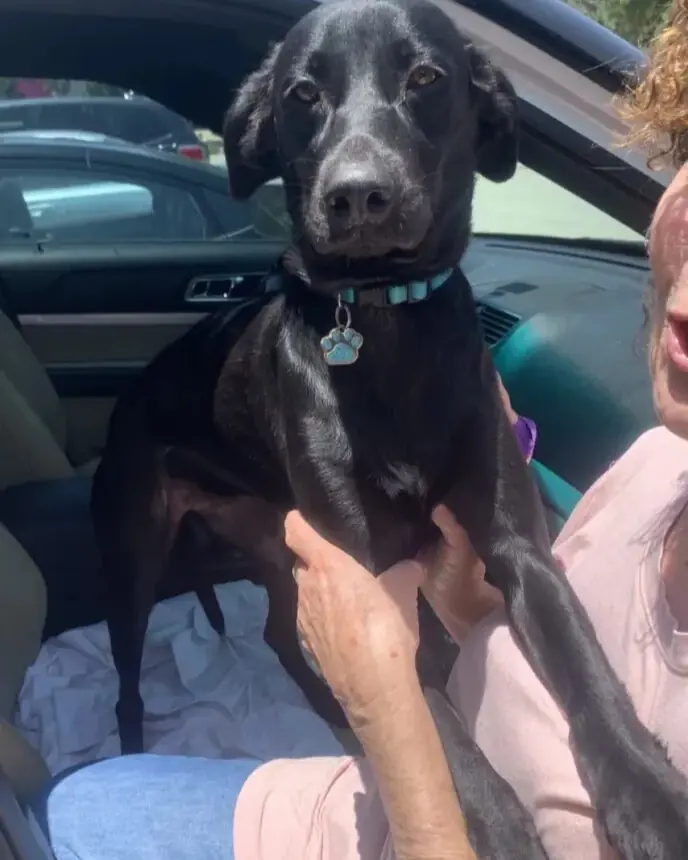
The Ride That Changed Everything.

My Sister Brought My Ex to My Wedding and I Was Stunned, but Then Her Speech Changed Everything – Story of the Day
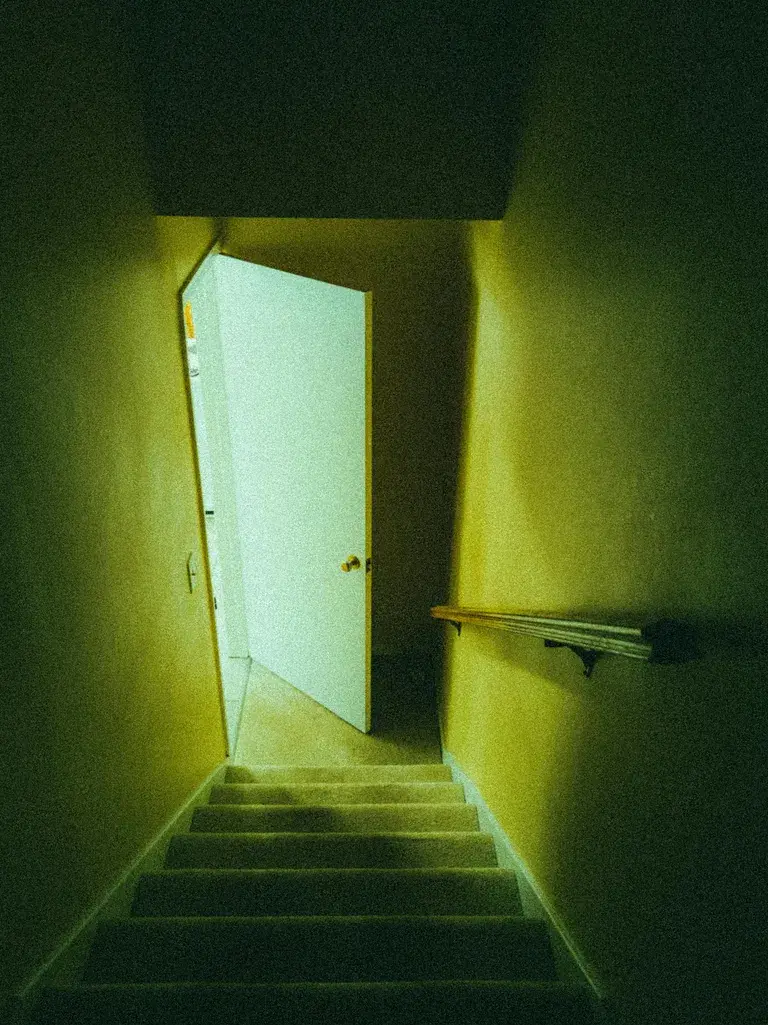
After Moving to a New House, I Was Sure Our Basement Was Empty Until I Heard a Baby Crying from Inside the Wall – Story of the Day
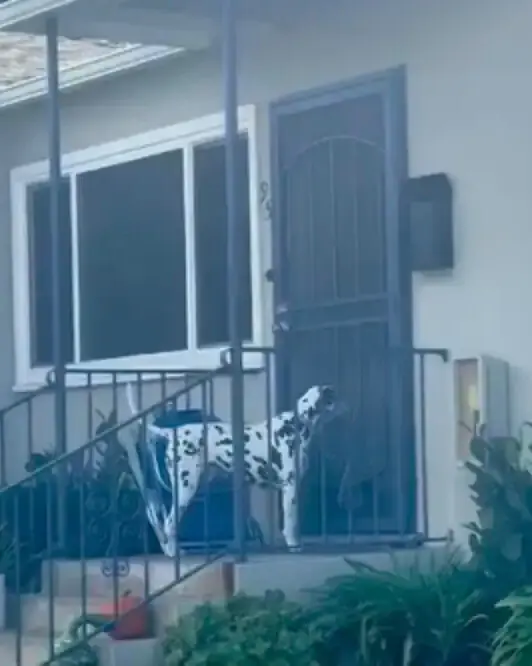
Tucker the Dinner Guest: A Spotted Shadow With a Nose for Home Cooking.
Tucker the Dinner Guest: A Spotted Shadow With a Nose for Home Cooking.
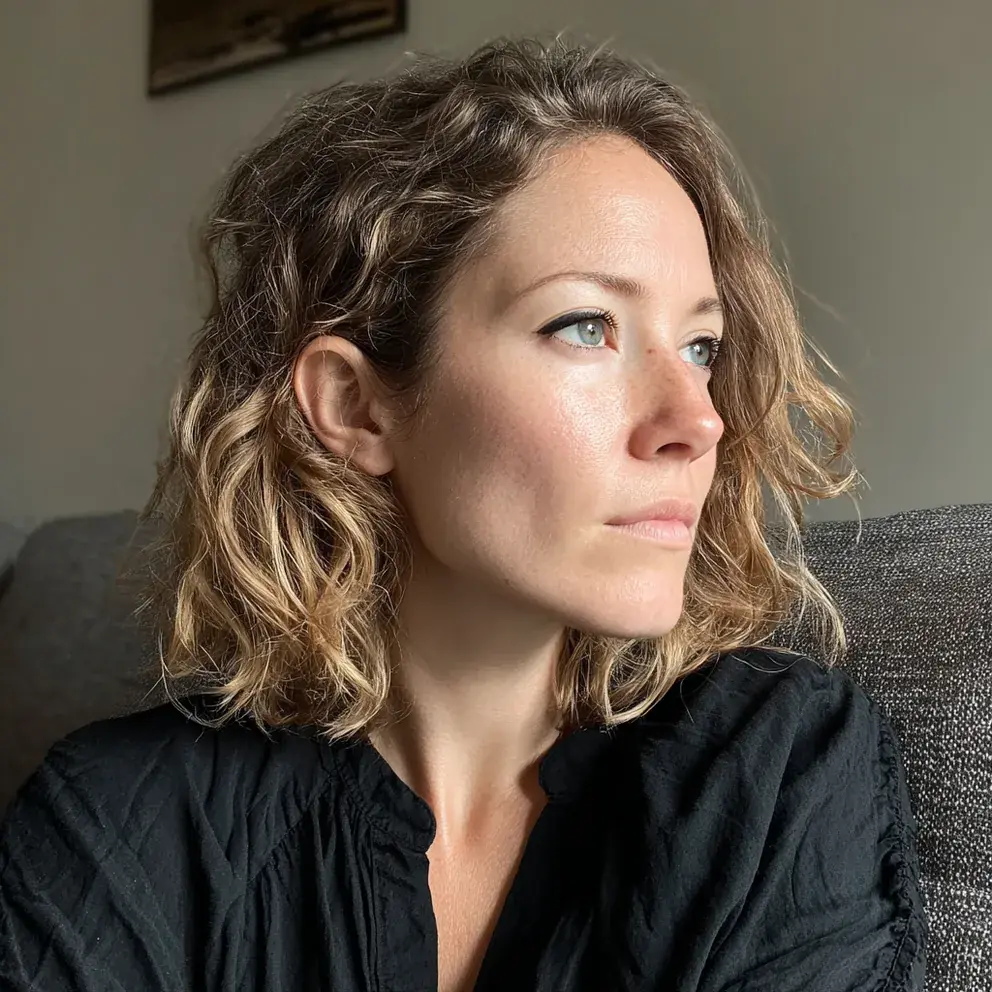
During My Wedding, My 7-Year-Old Daughter Tearfully Said, 'Mom, Look at Daddy's Arm! I Don't Want a New Daddy!' – What I Saw Left Me in Pure Shock

Vera was washing the dishes after dinner when her husband hugged her from behind. Normally such a gesture would be pleasant, but today it somehow made her anxious. After seventeen years of marriage, she had learned to sense when Igor was up to something.
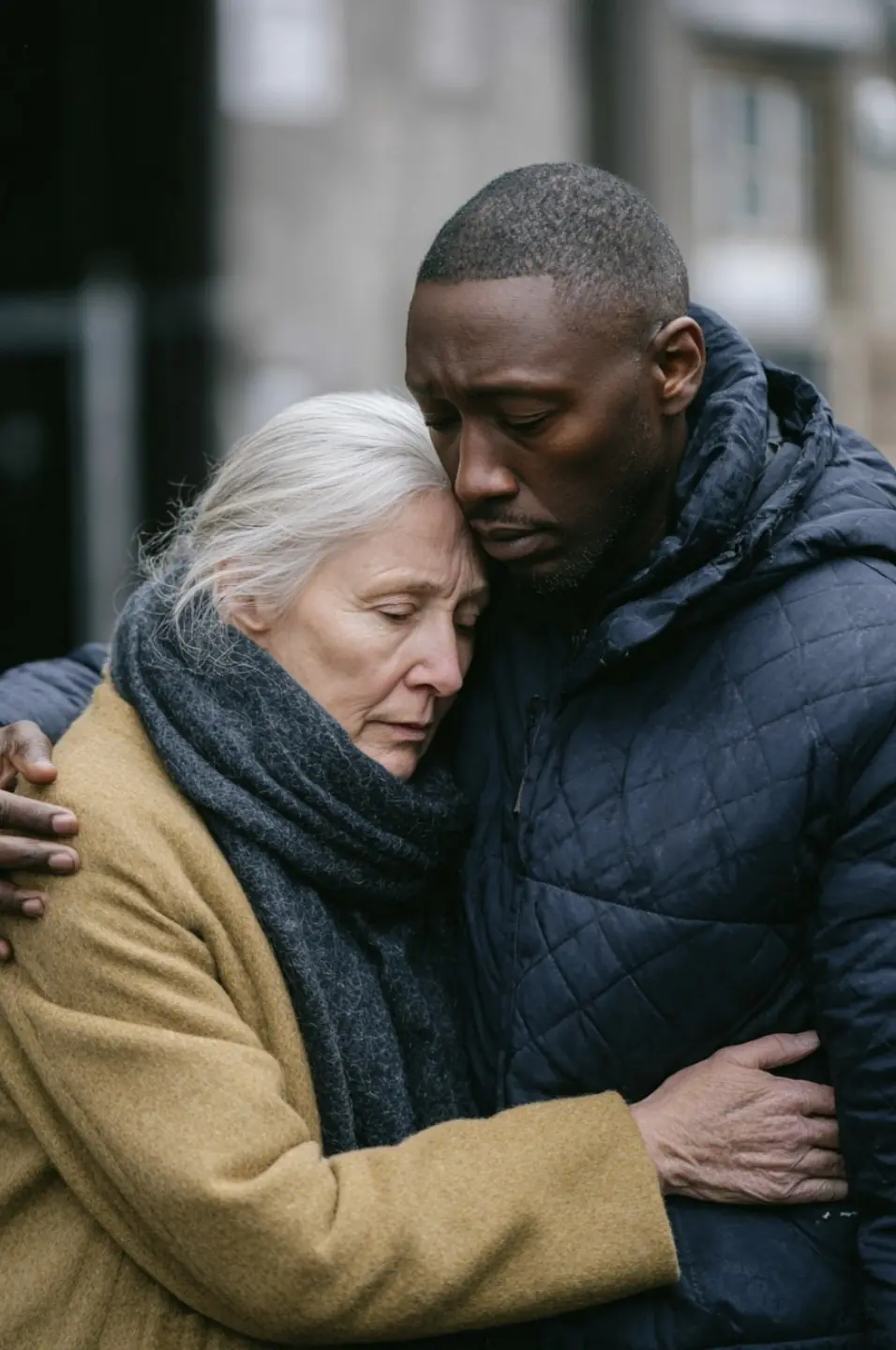
An orphaned woman took in a dark-skinned boy—and two decades later uncovered a startling secret!
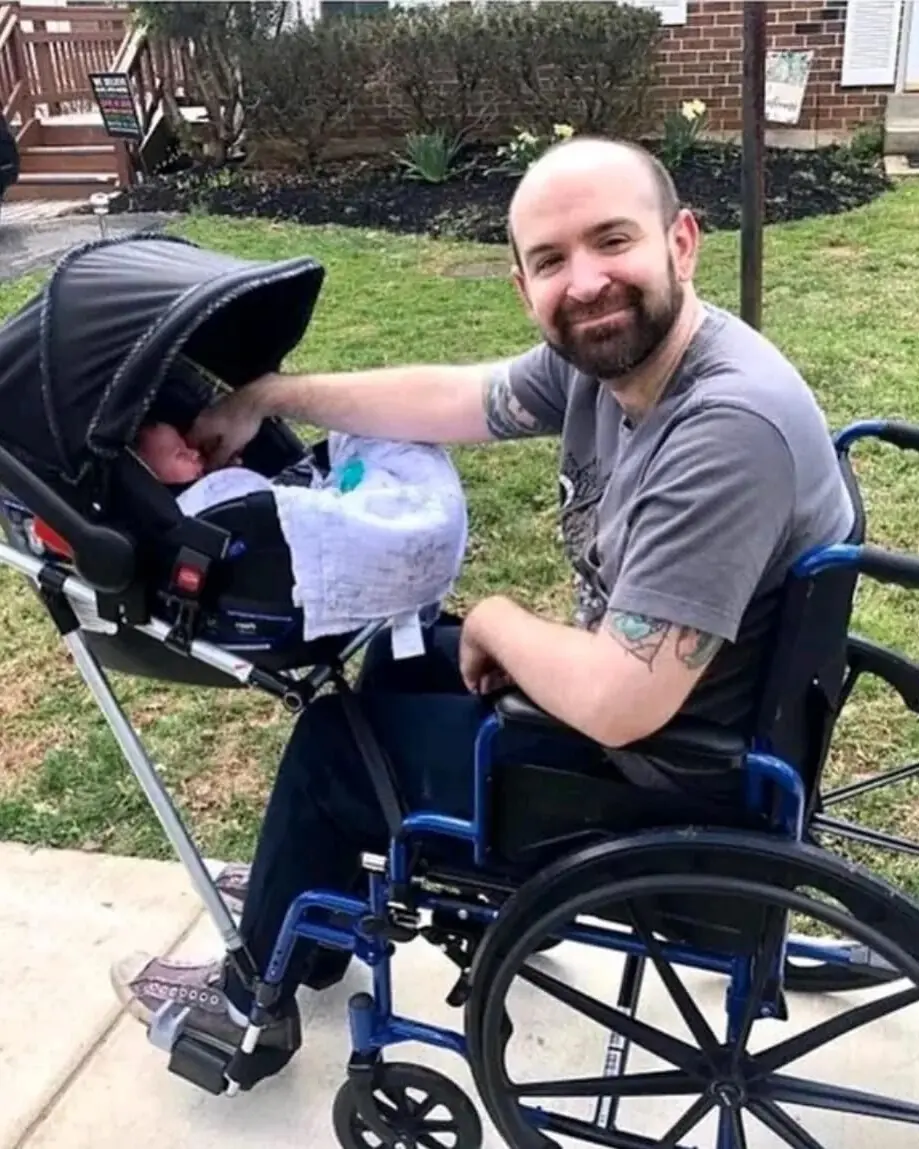
A Long Story: A Gift from the Hearts of Students.
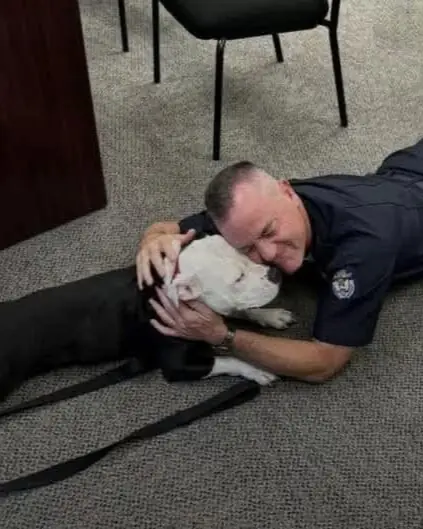
Bolo’s Big Day—And the Forever Home He Never Saw Coming.
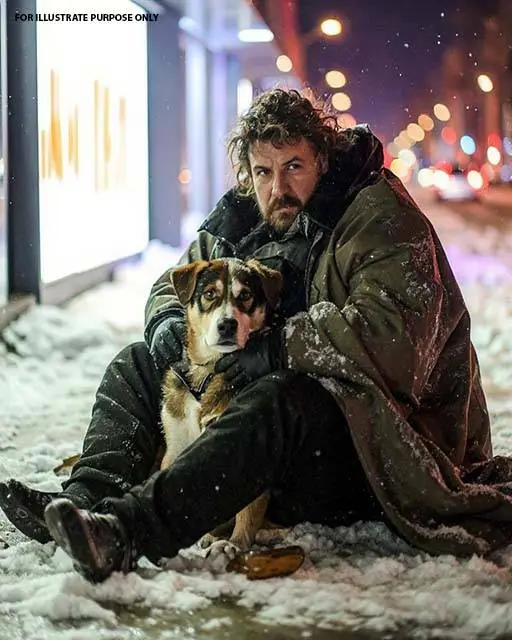
I Thought I Was Just Buying Shawarma and Coffee for a Homeless Man — But the Note He Slipped Me Turned My Entire Life Upside Down
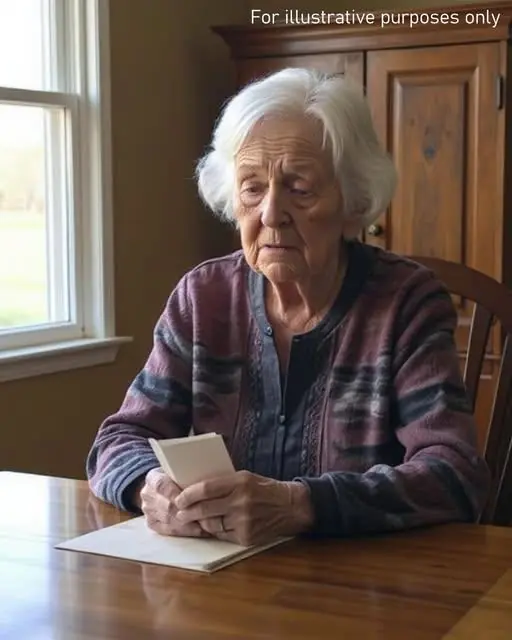
My Own Daughter Robbed Me of $50,000 to Buy a New House — But My Adopted Daughter Made Her Regret It
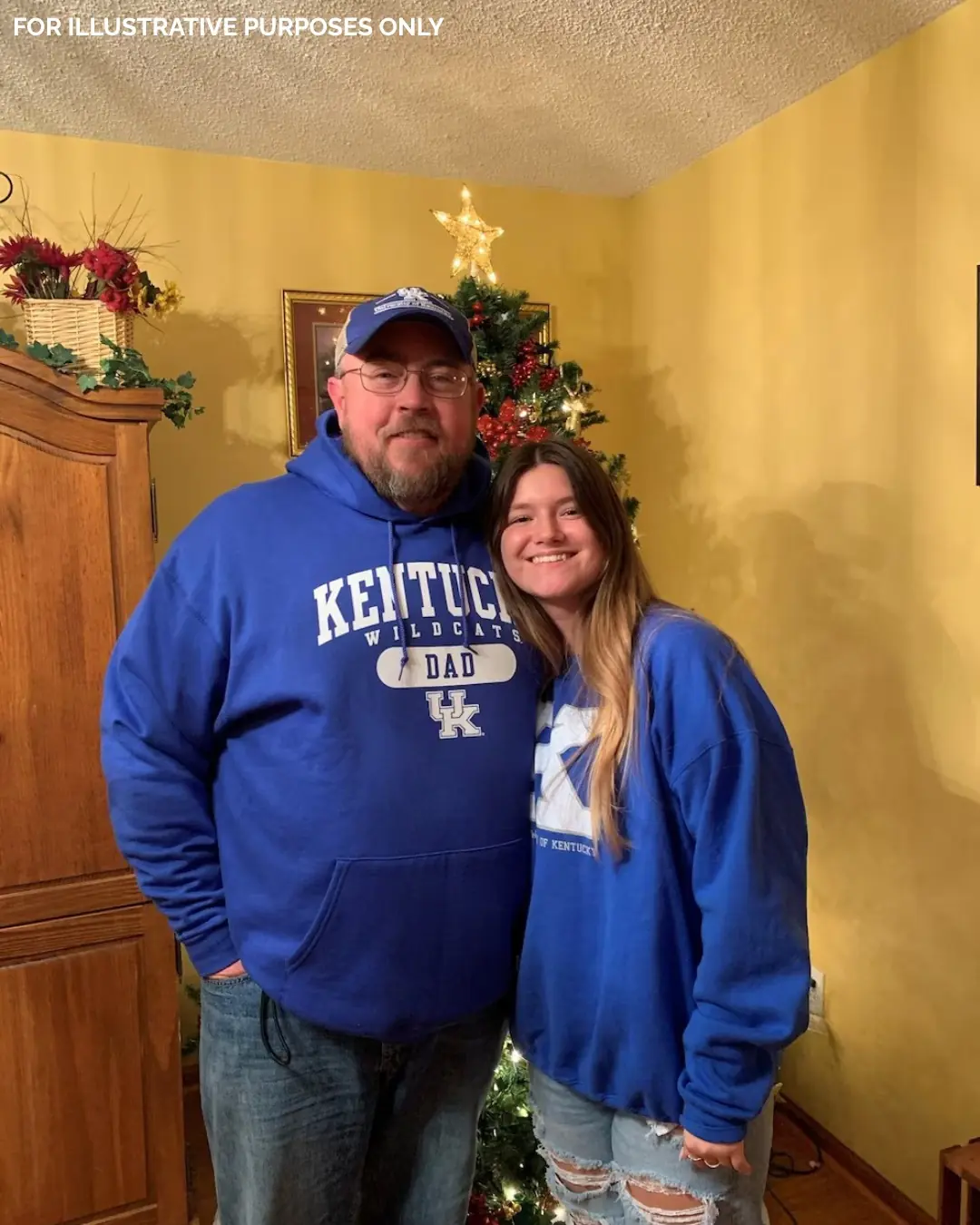
From Suspension to a Second Chance: How One Principal Changed a Life Forever.
News Post

EventsCalifornia On High Alert After Invasive Crab Capable Of Scaling 13-Foot Walls Discovered

A Late-Night Uber Ride That Changed a Life.

The Only Thing My Late Dad Left Me Was a Rusty Key, and I Thought It Was a Joke Until My Cousin Offered Me $10,000 for It – Story of the Day

You Should Never Ignore These 9 Things Your Fingernails Reveal About Your Health
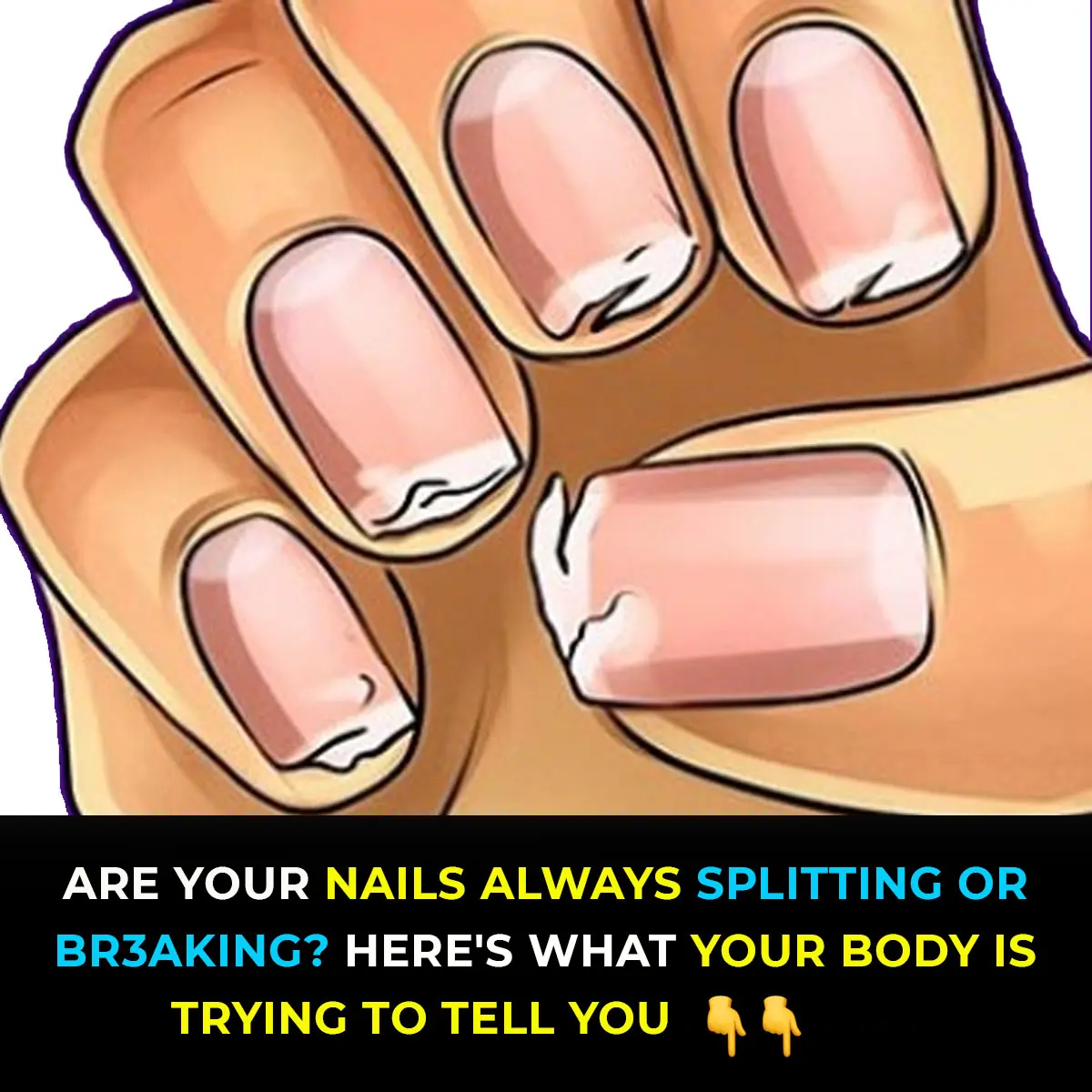
Scientists Warn Foot-Long “Demonic Flesh-Eating” Worms Are Invading The U.S.—Here’s What To Do

Officials Warn Tourists As Giant Toxic Jellyfish Washes Ashore At Popular Beach

When Nighttime Leg Cramps Become a Concern

One Month Before A Heart Attack, Your Body Will Warn You Of These 7 Signs

Coca‑Cola Fires Back After Trump Claims He Switched The Coke Recipe

Researchers Sound Alarm Over Surge In Anal Cancer And High-Risk Populations

5 Things Doctors Say You Should Never Give Your Kids to Help Prevent C@ncer
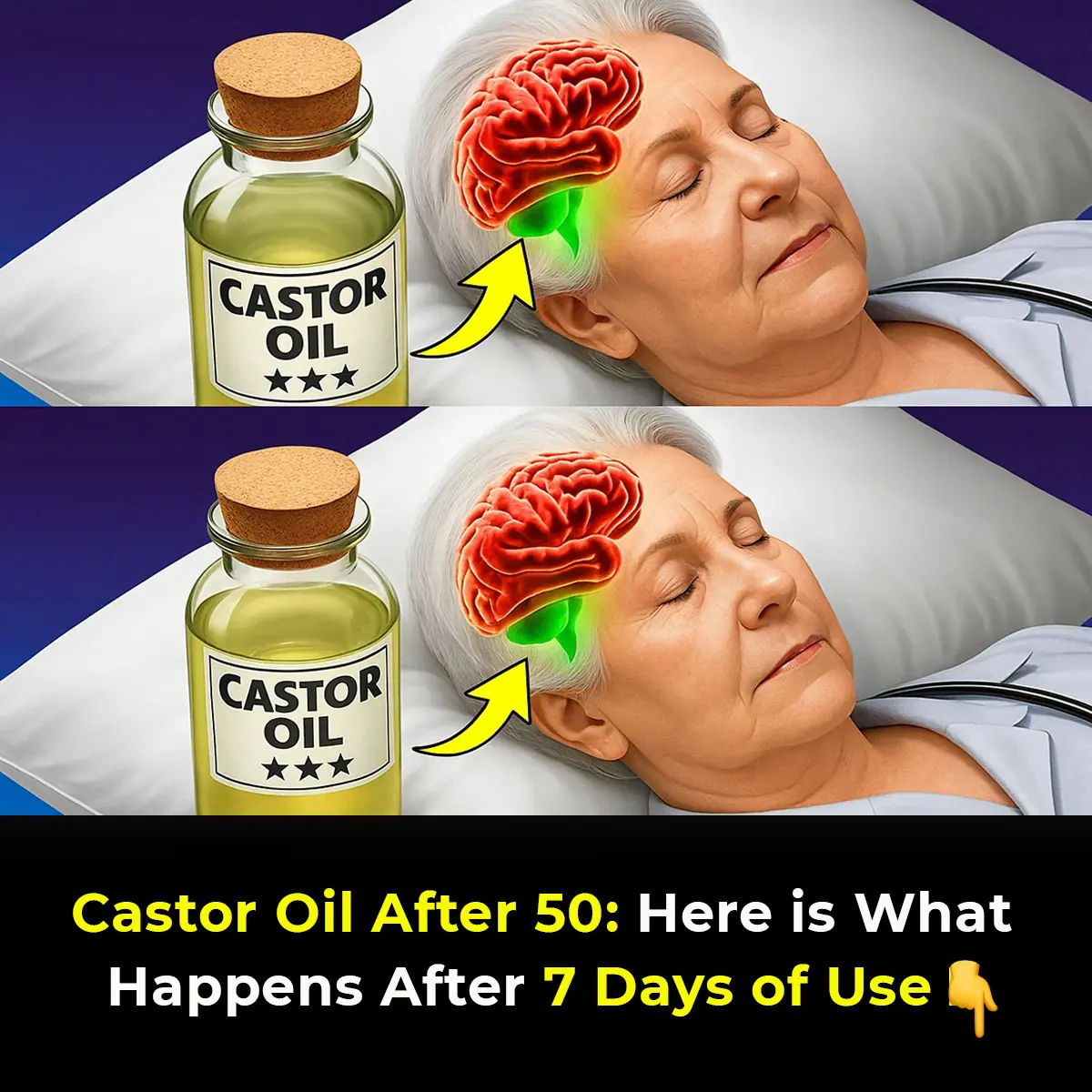
6 Powerful Castor Oil Benefits for Your Health and Wellness

A Wild Kingfisher, Three Generations, and the Unspoken Language of Love.

More Than a Win: The True Victory of the Cooma North Boys.

Moment two AI agents realise they're talking to another AI and switch to their own bizarre language

Woman earns hundreds every day just by sitting in New Yorker's cars

My Husband Threw Away the Chicken I Cooked Saying 'You'll Thank Me Later' – When I Found Out Why, I Filed for Divorce

The Ride That Changed Everything.

My Sister Brought My Ex to My Wedding and I Was Stunned, but Then Her Speech Changed Everything – Story of the Day
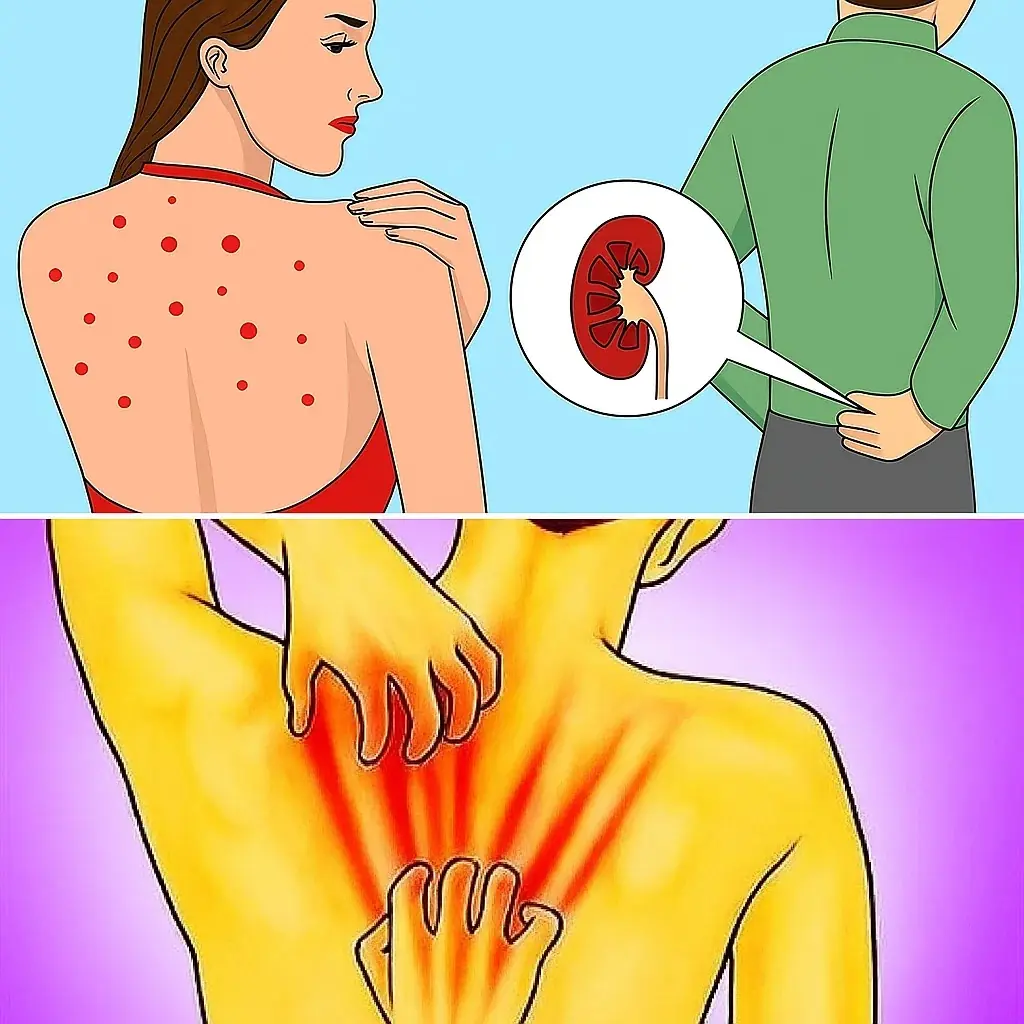
10 Warning Signs Your Kidneys May Be in Serious Danger
Your kidneys quietly work around the clock to keep your body in balance, but when they start to fail, the symptoms can be subtle and easily overlooked. Spotting these early warning signs could save your health—and even your life.